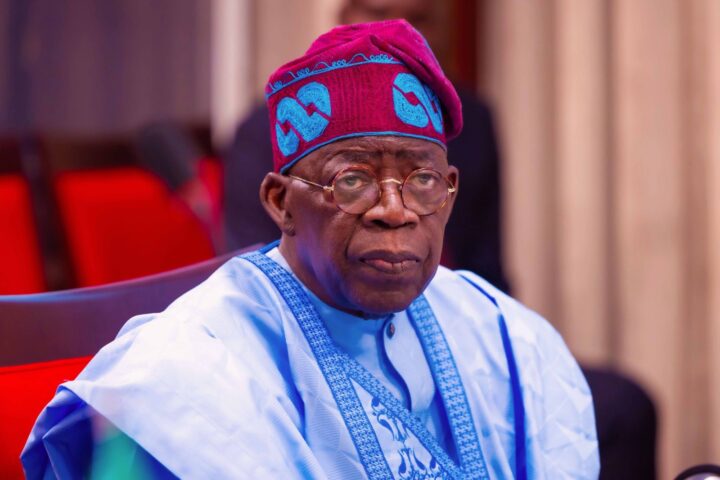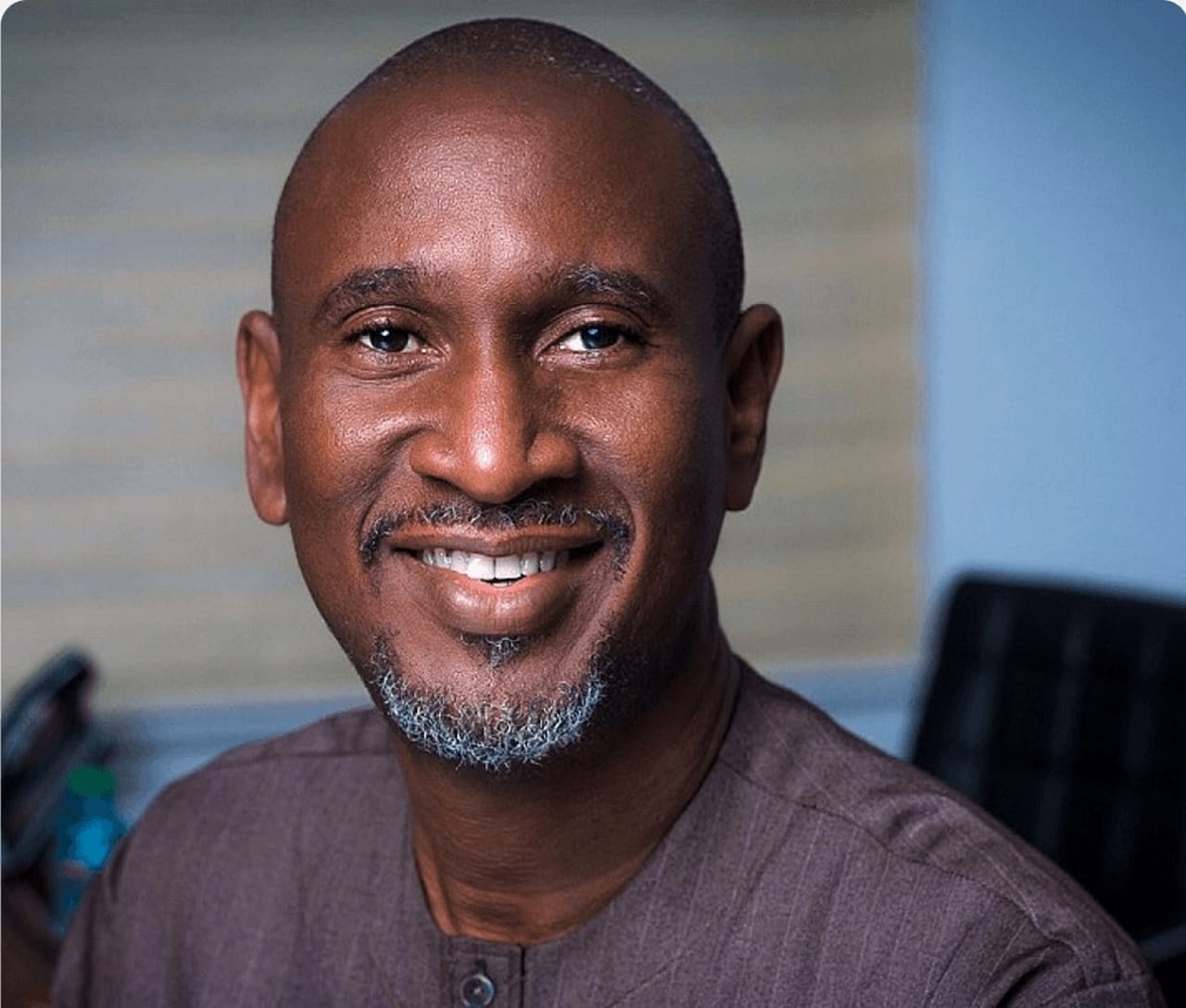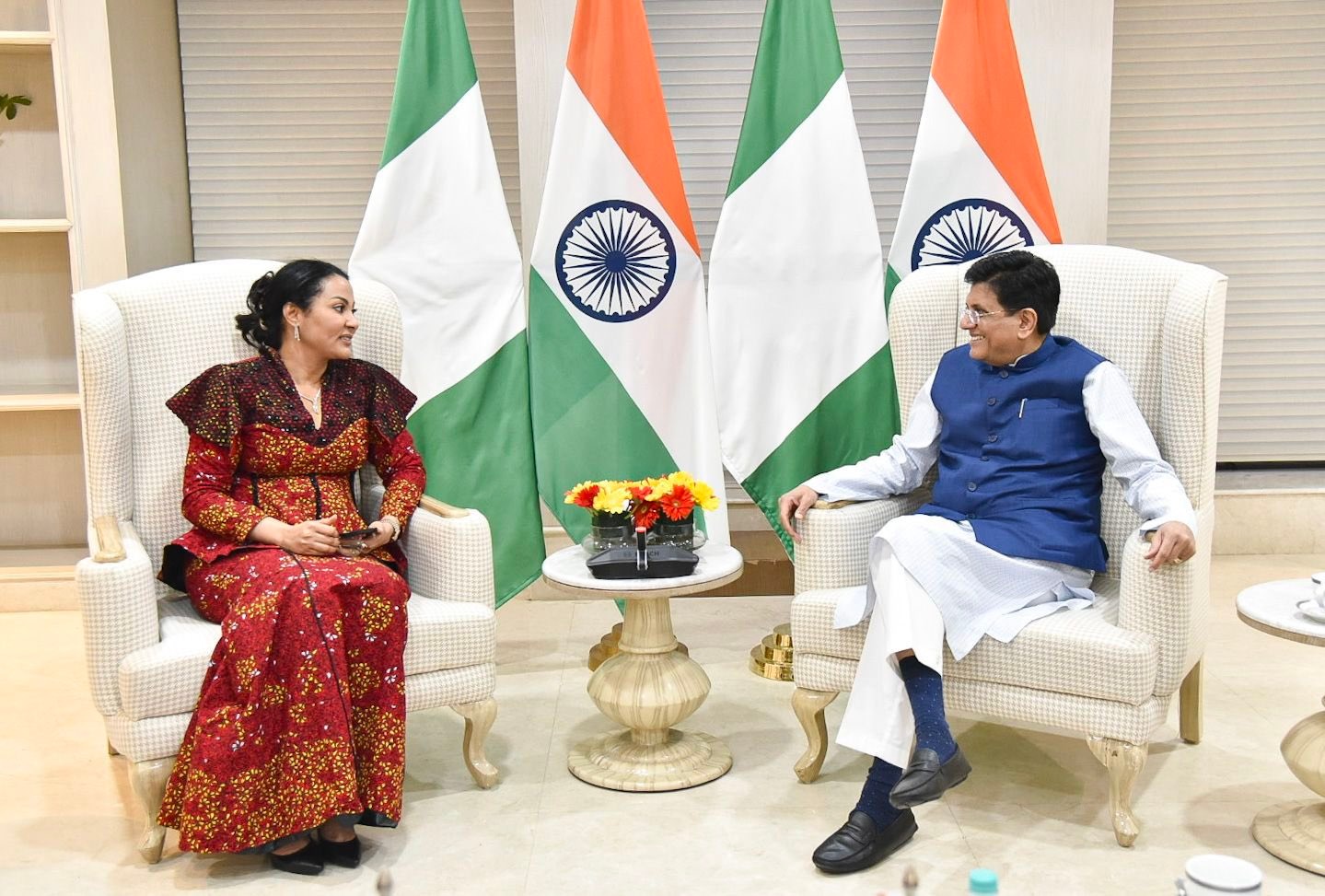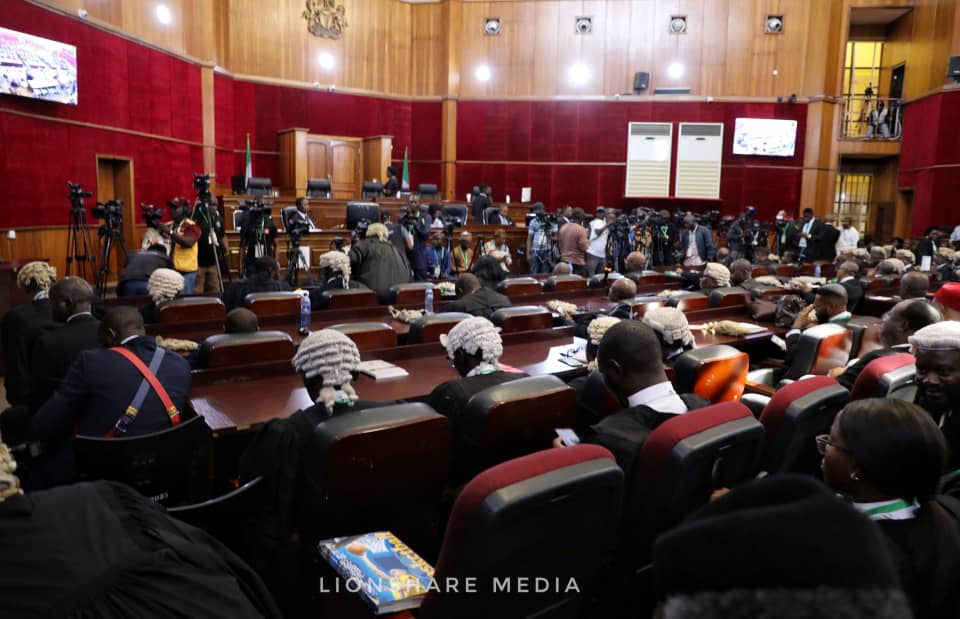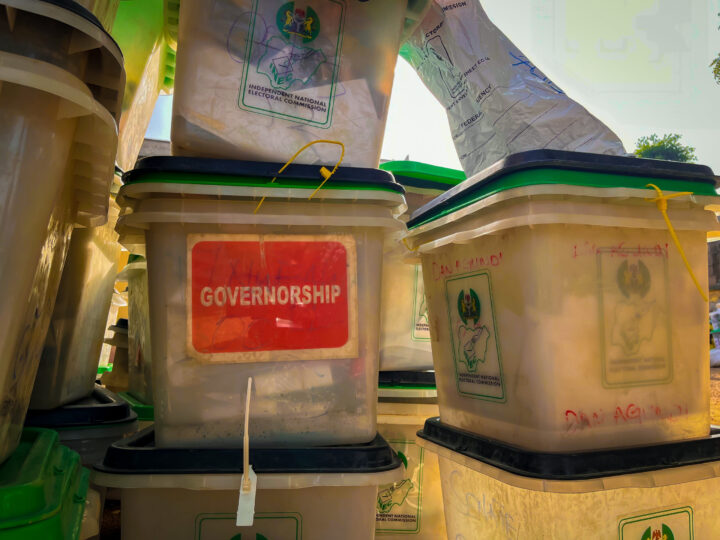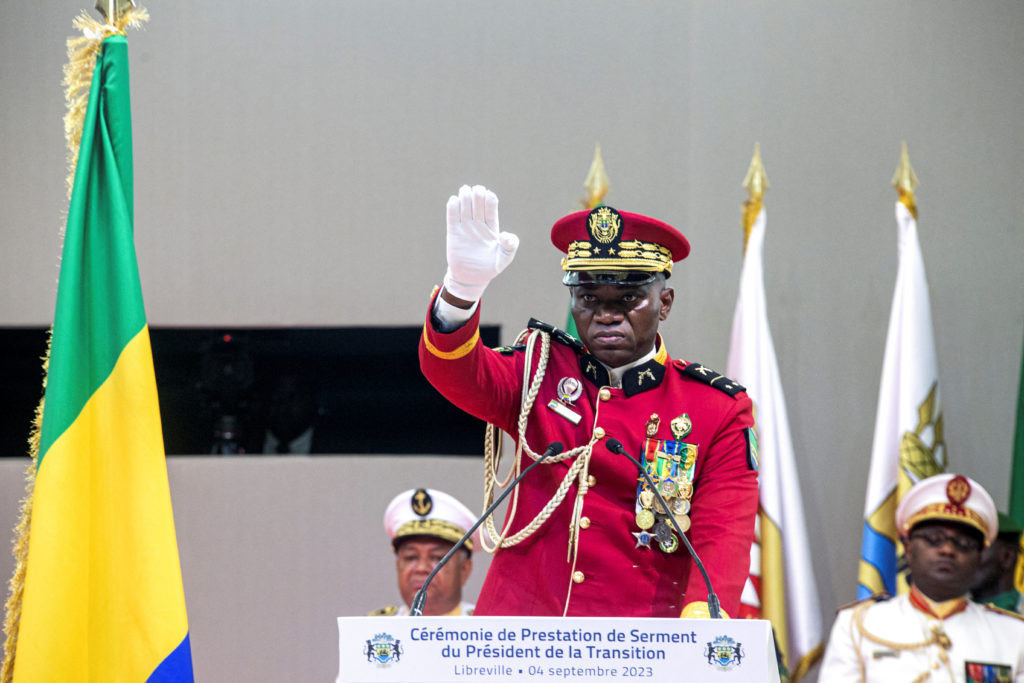President Bola Tinubu
BY RINSOLA ABIOLA
For keen observers of Nigerian politics, watching Asiwaju Bola Ahmed Tinubu become president of the Federal Republic of Nigeria seemed like the logical next step in his political journey.
He played a key role in the bitter, drawn-out battle against military dictatorship and then went on to set an enviable record as governor of Lagos state. He then transitioned into a political leader for not just Lagos, but the southwest region in its entirety. From this point, he began working to identify allies across other regions and this effort paid off when he emerged as the national leader of the coalition that sacked the Peoples Democratic Party from power.
It also seemed like a date with destiny; exactly 30 years after the June 12, 1993 election, a man who played such a vital role in the struggle that followed has now assumed the reins of leadership. Coupled with the famed administrative skills and visionary leadership exhibited as governor of Lagos state, expectations were high – and rightly so.
Advertisement
Young members of the All Progressives Congress also had a herculean task before them as there were people who made it a point to portray any young person who dared to express their support for the APC presidential candidate as one who had sold their soul and betrayed their generation. For us, the argument was simple; competence was the major yardstick and there was no candidate more competent than Asiwaju. The Yoruba people also have a saying about how to wash one’s hands properly, one must rub one against the other. As such, we believed in intergenerational cooperation and partnership and our call for youth inclusion was not to be mistaken as a call to “eliminate” older politicians who still had much to offer our country.
In any event, none of the major candidates was below 60.
What can we make of early indications from the Tinubu administration and what more can we expect?
Advertisement
The first major pronouncement by the president announced an end to the payment of subsidies on petrol. The argument in favour of removing subsidies was straightforward; it had put us in dire financial straits and we simply did not have the means to carry on. As expected, the announcement was met with resistance from labour unions and citizens who were unaccustomed to paying so much for fuel. The presidency has since announced plans to review the minimum wage so that it is commensurate with the cost of living and a nationwide palliative distribution plan has been rolled out.
While many Nigerians have expressed concerns about state governments handling the onward distribution of palliatives to the most vulnerable in society, it is key to understand that we run a federal system and as such, the presidency cannot possibly act on its own at all times. If the people do not trust those whom they have elected to govern their respective states, then that calls for deep introspection and perhaps signals a need to make better choices at the polls. We can look to states like Borno, however, where the governor’s efforts at ensuring that the people truly receive what is due to them have been well-publicised and commended by all.
The president also took on the issue of the corrupt management of our forex regime and moved to unify the exchange rate. While it is not yet uhuru, it is hoped that the Central Bank of Nigeria, under its new and seemingly more responsible leadership, will be able to deliver on a sane forex regime.
The forex reforms have also now made more resources available with which more work can be done in the states. As a result of this, the Tinubu administration has introduced an infrastructure fund for the purpose of bringing much-needed infrastructural development to our states; it is therefore important that citizens closely monitor the activities of those elected to manage our affairs at the state level. We must hold them to high(er) standards so that Nigeria’s resources are truly made to work for the Nigerian people.
Advertisement
One of the key achievements of the Tinubu-led administration in Lagos state was the astounding ability to not just stay afloat but thrive despite the state’s funds being withheld by the (then) PDP-led federal government. This, they did, by looking inward and reforming the state’s tax collection system. Hence, when Nigerians learnt that a tax reform committee would be inaugurated, many understood that this was part of efforts to revitalise our economy and make the tax system more efficient. Done right, this would not only increase revenue but also improve the business environment.
Anyone who has done business in Nigeria can attest to how difficult it is to keep up with multiple taxes; young entrepreneurs, especially, complain about the suffocating effect of multiple taxes on their businesses. The situation is so concerning that the chairman of the Presidential Tax Reform Committee, Taiwo Oyedele, stated during an interview that no one knows for sure just how many taxes businesses are required to pay in Nigeria. It is thus expected that the Tinubu-led administration will finally put an end to the scourge of multiple taxation, widen the tax net and make the tax collection system much more efficient.
Young people constitute the majority of the Nigerian population and as such, policies implemented in virtually every sector will impact our demography more significantly than others. It is key to note that there have been developments specifically focused on young people as well.
One of the most significant would be the enactment of the Students’ Loan Bill, which the president signed into law two weeks into his tenure on June 12, 2023. We have a significant portion of our population living in poverty. In previous generations, the fortunes of many families changed when their wards secured scholarships to study further. Education was – and remains – the greatest tool to ensure equal opportunity for all. This is why it is key that in light of current realities such as the rising cost of higher education, students from low-income backgrounds are not denied an opportunity to study further due to financial constraints.
Advertisement
There are further considerations to be made regarding the implementation of the law, and many suggestions have been made regarding modifying the criteria for eligibility. Laws evolve and it is, therefore, expected that the Students’ Loan Act will be modified in the ways that are required, in response to observations made and developments recorded over time.
Nigerians also discovered, after ministers were assigned to different ministries, that the ministries of youth and sports development had now been split. While some have jocularly tagged the Youth Ministry the “Ministry of NYSC”, some deeper thought is required in order to see why this separation is a good thing, and why the president should actually be commended for it.
Advertisement
In its previous form, the ministry of youth and sports development focused largely on sports. While we recorded some achievements in that area, there is a lot more to youth issues than just the National Youth Service Corps and nurturing sporting talent.
A ministry of youth development, on its own, provides an opportunity to focus solely on matters that concern young people and effectively manage youth agitations. Such a ministry would also have to explore strategic partnerships that will enable it to cater to the needs of young people across the country – and Nigeria’s youths certainly require attention and all the support that they can get. A responsive and effective youth ministry would thus be a great tool with which the Tinubu-led administration can record achievements with youth leadership, development and management in a way that no other administration has.
Advertisement
The president’s commitment to ensuring youth inclusion in his administration must also be acknowledged. The youth and women’s wings of the Tinubu/Shettima campaign were particularly vibrant and it is very encouraging to see that the active participation of both groups has reflected well in appointments made so far.
President Tinubu currently holds the record of nominating the highest number of women ministers and he has gone on to appoint competent young women to head key agencies as well. Bisoye Coker-Odusote has been named the acting DG/CEO of the National Identity Management Commission (NIMC) and Mojoyinoluwa Dekalu-Thomas is now the acting MD/CEO of the Nigeria Electricity Liability Management Company (NELMCO).
Advertisement
The president has also appointed a highly accomplished 32-year-old tech entrepreneur, Khalil Halilu, as the executive vice-chairman and chief executive officer of the National Agency for Science and Engineering Infrastructure (NASENI). The inclusion of Orire Agbaje, a 400-level student of the University of Ibadan and president of the Nigerian Universities’ Tax Club, in the Presidential Tax Reform Committee must also be commended.
The president has also appointed many young personal aides.
The choice of Ajuri Ngelale as presidential spokesperson and special adviser to the president on media and publicity must also be highlighted as – in addition to his competence and sheer brilliance – his approach to public engagement reflects the president’s willingness to make a clear departure from the more combative stance which presidential spokespersons tend to prefer. And while his age is not what earned him the role, it is good that a young professional is the face of the Tinubu administration.
There are many other appointments yet to be made, but these early indications give a lot of hope regarding the inclusion of women and young people in decision-making structures. It is expected that not only will more qualified young people and women be called upon to serve in the Renewed Hope administration, but that young people – and indeed all Nigerians – will continue to be at the centre of the administration’s policy considerations.
With the first 100 days gone by and more than a thousand more to go, true patriots can only wish the country well and pray that President Tinubu succeeds.
Abiola is a media and government relations specialist and an active member of the APC’s Youth & Women’s Wings. She currently coordinates the activities of the Progressive Sisters’ Network (PSN), a foremost women’s support group for the APC.
Views expressed by contributors are strictly personal and not of TheCable.
Add a comment
